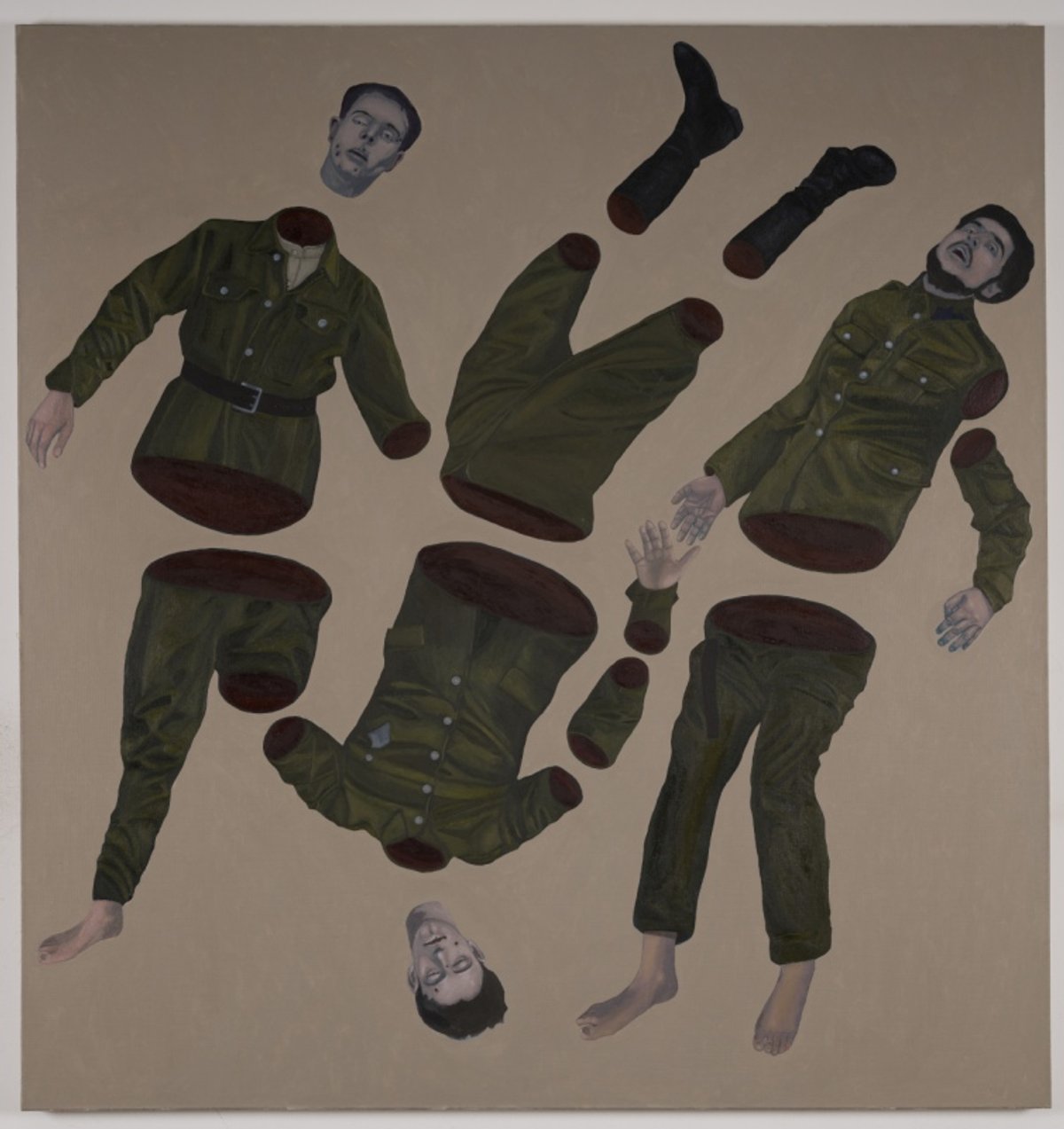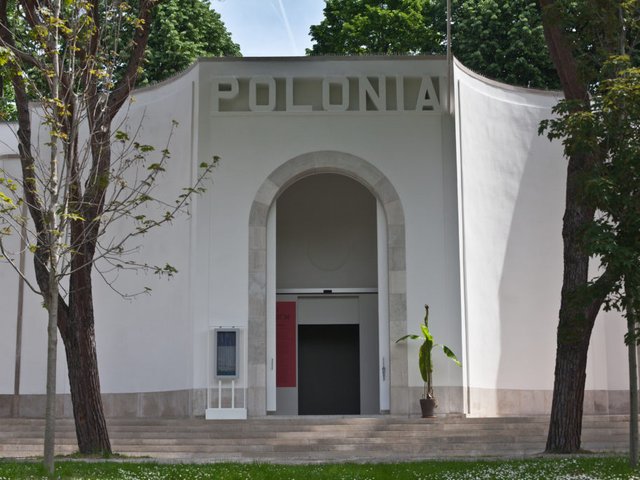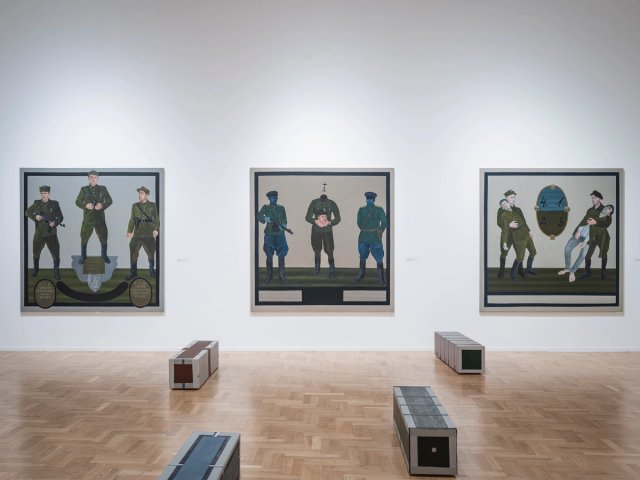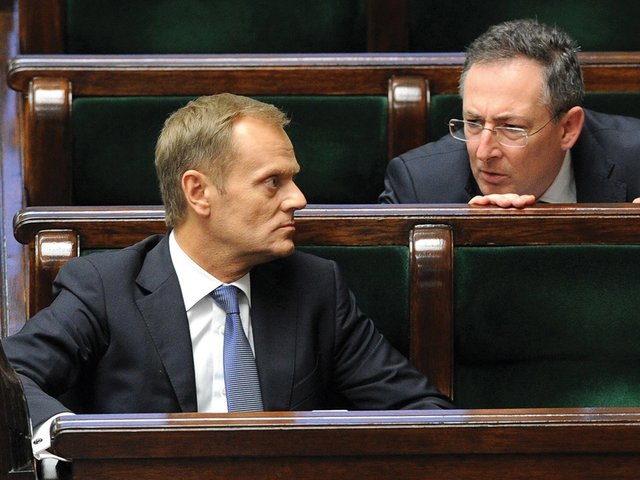The Polish artist initially selected to represent the country at this year’s Venice Biennale—who was later rejected by the new government—will show works at the international exhibition which opens next week (20 April-24 November).
Ignacy Czwartos was selected by the previous administration led by the right-wing party Law and Justice (PiS). But in a statement issued 29 December the Polish ministry of culture, under the new prime minister Donald Tusk, called off Czwartos’s project, in what the artist has called an act of “censorship”.
Czwartos will present 15 paintings in an off-site exhibition at Viale IV Novembre near the Polish Pavilion located in the Giardini called Polonia Uncensored. The exhibition, organised by the Center for Contemporary Art Ujazdowski Castle in Warsaw, will include works depicting “figures and events from Polish history, forbidden by the communist regime between 1945 and 1989, known as the ‘blanks’ in Polish history”, a project statement says.
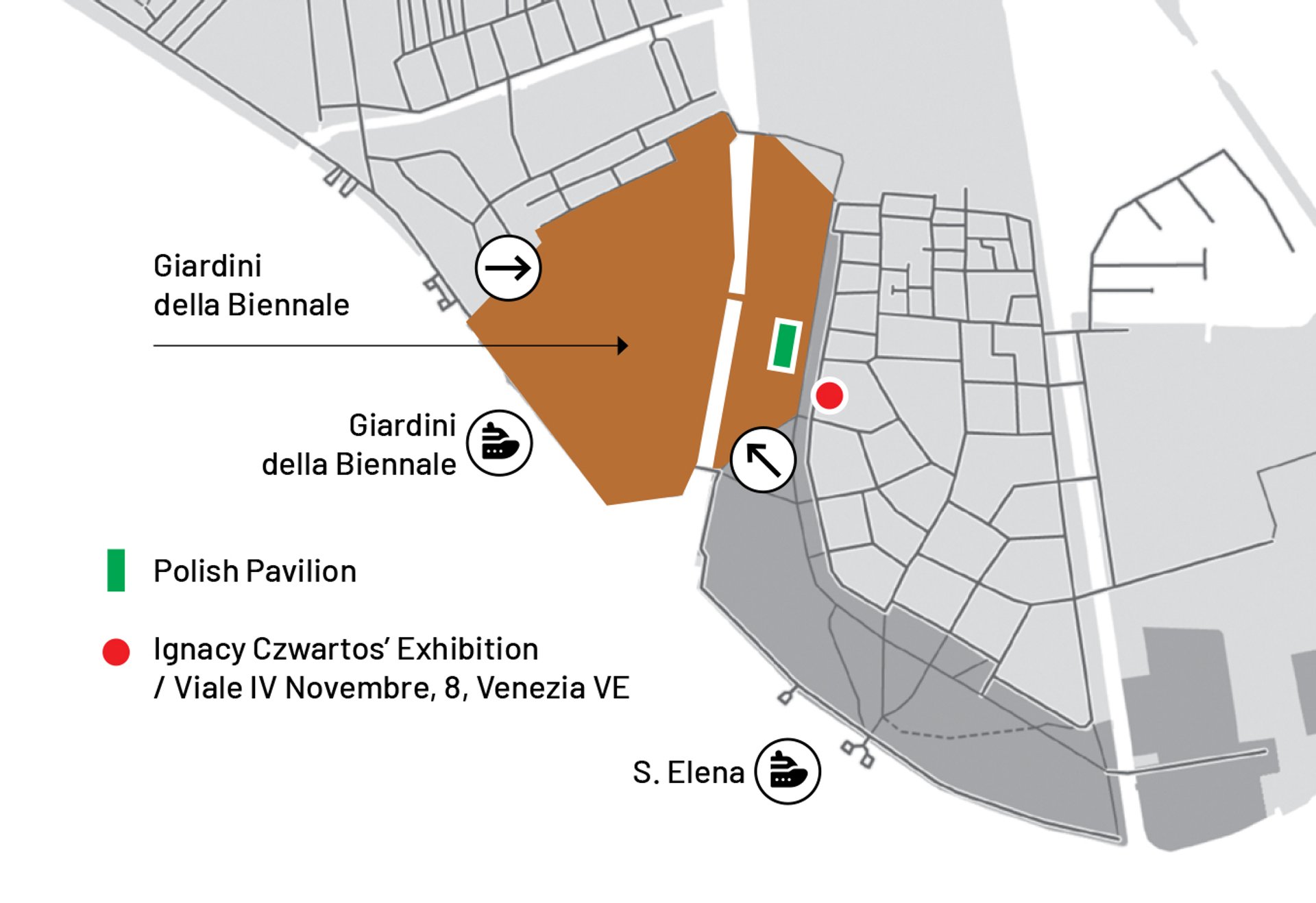
The private space where Czwartos's exhibition will be held is close to the Giardini site where Poland's national pavilion is taking place
Courtesy Ujazdowski Castle Centre for Contemporary Art
It adds: “The second thematic group [in the show] consists of depictions of German war criminals responsible for the murder of thousands of Poles and Jews, who lived in post-war Germany and were never held accountable for their crimes.” Czwartos will also examine how President Putin of Russia “was treated as an equal political and economic partner by the leaders of democratic Europe”, the statement claims. The exhibition is curated by Piotr Bernatowicz who was co-curator of the initial pavilion project featuring Czwartos.
“Despite the suspension of the exhibition, Ignacy Czwartos’ paintings made it to Venice. The Polonia Uncensored exhibition was created to defend freedom of speech and art. It is possible thanks to the support of the Polish diaspora—a real and living Polonia, represented by [doctor] Marek Buczkowski, who provided the space for the presentation of Ignacy Czwartos' paintings in Venice,” adds the project statement.
Czwartos told The Art Newspaper last year that his exhibition proposal— Polish Practice in Tragedy. Between Germany and Russia—was initially selected in an open competition. On 31 October, Poland’s Ministry of Culture announced that it would indeed present an exhibition by Czwartos at the country’s national pavilion at the Biennale this spring.
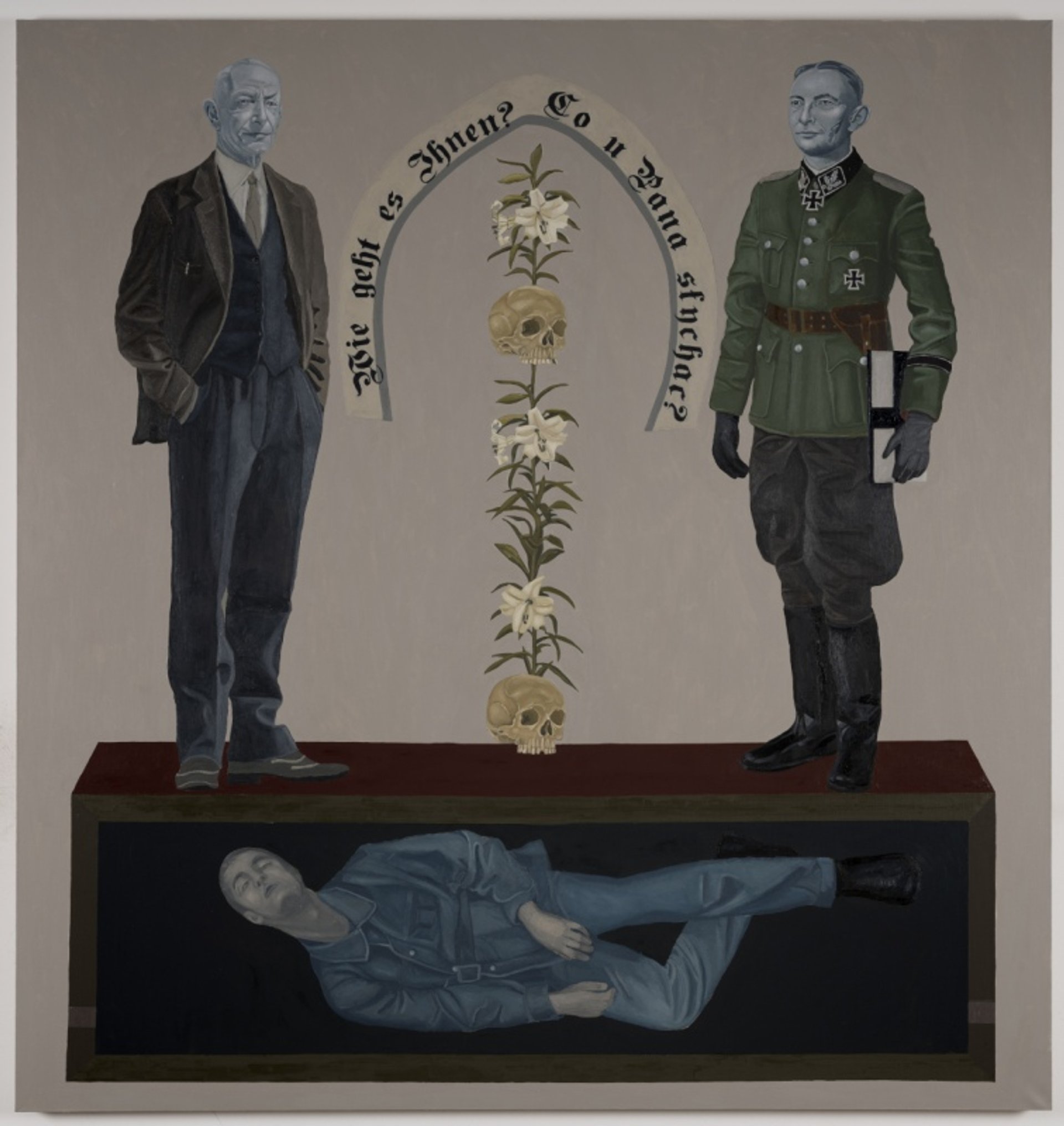
Ignas Cwartos's Wie geht es Ihnen? / What’s new with you? (2024) Courtesy the artist and Ujazdowski Castle Centre for Contemporary Art
But on 29 December, Czwartos was told that the new Minister of Culture and National Heritage, Bartłomiej Sienkiewicz, had stopped the project. “No reasons were given to justify the decision and, what is more, this decision is contrary to the regulations in force. I perceive it as censorship,” Czwartos said.
The Polish ministry of culture said in an online statement that “after analysing the competition procedures for the exhibition… and after [gathering] the opinions and voices of the communities, accepted the decision not to implement the project [Polish Practice in Tragedy. Between Germany and Russia]." Poland is now represented by Open Group, a collective that includes Yuriy Biley, Pavlo Kovach, and Anton Varga.
Crucially Czwartos’s project faced a backlash from critics last year who said it was too closely aligned with the agenda of the Law and Justice (PiS) party, saying that his selection reflected a “narrow-minded, ideologically paranoid and shameful position.”


